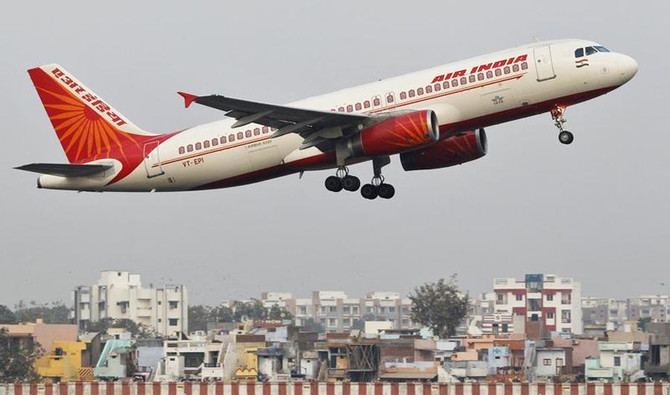Dubai-based Indian expat businessman Dr C.J. Roy, Chairman and owner of Confident Group, has died by suicide at the age of 57, according to news reports.
As per reports, Dr Roy was found dead at his office in the Anepalya area of central Bengaluru, Karnataka, on Friday. Police said the incident came to light after staff members alerted authorities, following which senior officials and forensic teams reached the scene. He was declared dead at the spot.
Investigation Underway
Initial police inquiries indicate that Dr Roy was alone at the time of the incident. Authorities have registered a case of suicide and initiated standard procedures, including forensic examination and a post-mortem. Police have not confirmed the recovery of a suicide note and said investigations are ongoing to understand the circumstances surrounding his death.
Officers are examining both personal and professional aspects of his life and are speaking with family members, colleagues and close associates. Authorities have urged the public to refrain from speculation until the investigation is complete.
About Confident Group
Founded in 2005, Confident Group is a well-known real estate and infrastructure developer with projects spanning residential apartments, villas, commercial complexes and mixed-use developments across Karnataka and other parts of India. Over two decades, the company built a strong presence in both mid-segment and premium housing markets.
Dr Roy, a native of Kochi, Kerala, was widely regarded as a hands-on entrepreneur who played a central role in the company’s growth, strategy and operations.
Movie Projects
In addition to his work in property development, he was actively involved in the film and entertainment industry, producing and co-producing several Malayalam and Kannada films, including Casanovva, Ladies and Gentleman, Mei Hoom Moosa and Identity. He also co-produced the National Award-winning epic Marakkar: Arabikadalinte Simham and served as a prize partner and sponsor for Bigg Boss Kannada Season 10, integrating Confident Group branding into the popular reality show.
His movies include Mohanlal’s big-budget release Casanova, and the yet to be released project Anomie, starring Rahman and Bhavana.
Industry Reaction and Next Steps
News of his death sent shockwaves through business and real estate circles, with employees and industry peers expressing grief and disbelief. Several associates described him as a driven entrepreneur with a strong work ethic and sharp business acumen.
Company sources said internal discussions are underway to ensure leadership continuity and operational stability. Ongoing projects are expected to continue as planned, though a formal review of the management structure may be announced in the coming days.
Broader Conversation on Mental Health
The incident has renewed conversations around mental health and the pressures faced by entrepreneurs and senior executives, particularly in sectors such as real estate that have been grappling with rising costs, regulatory demands and financing challenges.
Source: NIE
























